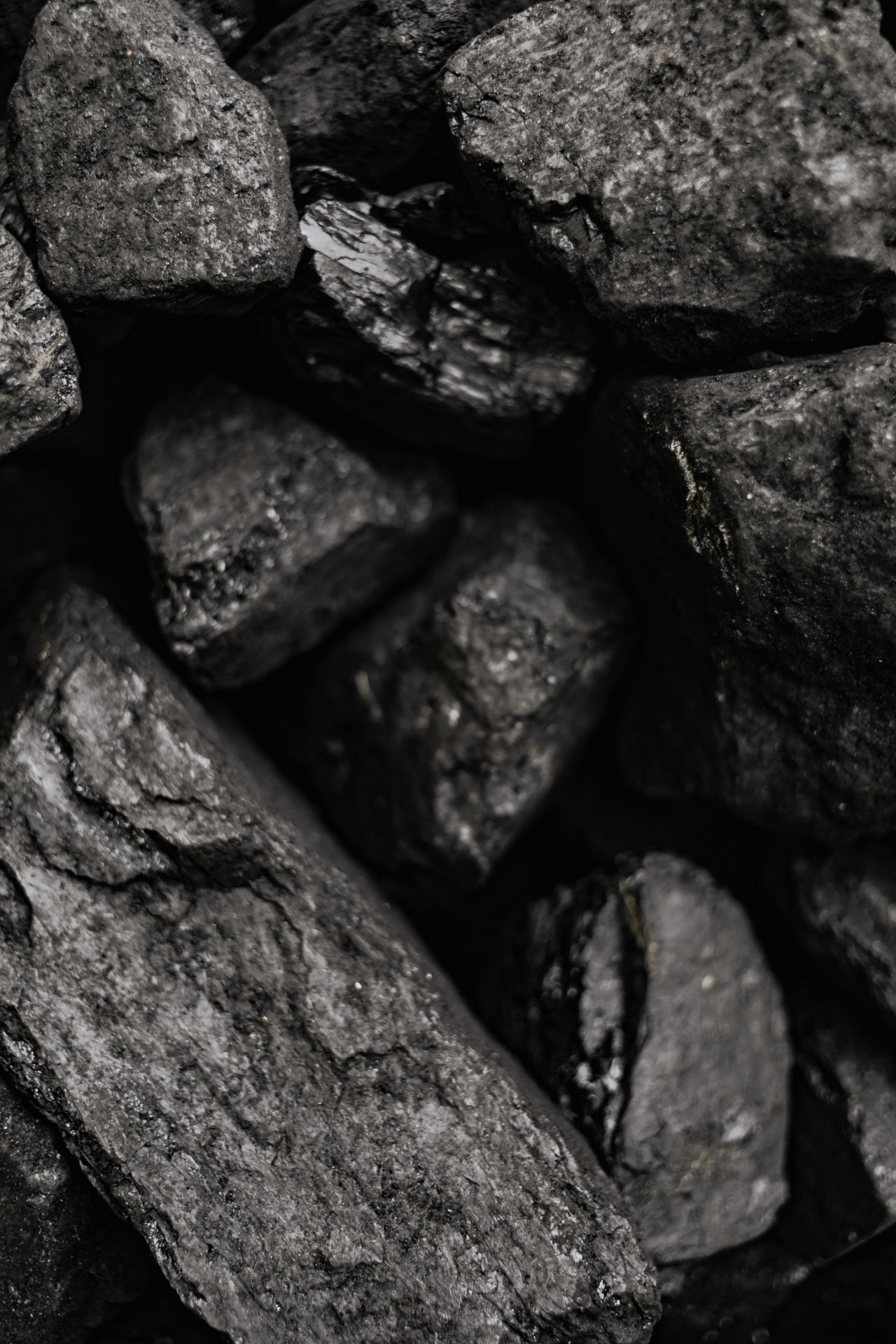In 1918, the mountains of North Carolina erupted in quiet rebellion. Dozens of young men dodged the World War I draft, hiding in the backcountry with help from friends and family. When a deadly shootout left two men dead on a remote mountain road, Governor Thomas Bickett launched an unprecedented campaign to bring the deserters in, using not just raids and arrests, but public persuasion designed to get these men to turn themselves in, no questions asked.
And it worked.
It’s another one of the Stories of Appalachia.
Be sure to subscribe to the Stories podcast wherever you get your podcasts so you don’t miss a single one of our stories.
Thanks for listening!
Podcast: Play in new window | Download
Subscribe: RSS


I am a faithful listener to your Stories of Appalachia, and I especially appreciate your correct pronunciation of “Appalachia.” But I found your story about draft dodgers and deserters during World War I to be sad, overly judgmental, and devoid of historical context. I especially was bothered by your adding moonshine to the title and commentary. Moonshine was a long-standing tradition for mountain farmers who used their excess corn crop for their sole source of cash income. This tradition had nothing whatsoever to do with opposition to the draft in WWI. But more importantly, there was also a long tradition of desertion and draft avoidance in the mountains that you did not mention and apparently did not appreciate or understand. Both the Union Army and Confederate Army had constant desertions. You also did not mention that many East Tennessee and Western North Carolina mountain people did not support the confederacy. They were Unionists and certainly opposed being drafted into the Confederate Army. During the Civil War loyal Unionists in the mountains were hunted down and often murdered by local gangs of “home guards” who were made up of vigilantees who often were old enough to have no fear of being drafted. Their families were also murdered by Confederate soldiers (I am sure you know the story of the Shelton’s Laurel Massacre). In addition, even in World War I, the wealthier citizens often had means of protecting their sons from the draft — or else their sons were commissioned as officers and did not serve on the front lines with the infantry who suffered the most casualties. The mountain people had a long tradition of opposition to conscription but certainly were willing to fight when they were actually threatened as you both know when the over-the-mountain men crossed the Blue Ridge to meet Ferguson and his army made up almost entirely of local citizens loyal to the King. You also failed to mention the entire village of Lost Cove in Yancey County which was made up entirely of Union deserters and Union sympathizers. Rather than chastising the WWI conscription resisters and calling them shameful, you might have been a bit more objective and recognized their long-standing tradition of opposition to being forced to leave their homes and small subsistence farms in the hands of wives, children, and grandpas to survive without able-bodied men. Unlike Ferguson at Kings Mountain, the Germans did not threaten to invade the mountains and burn down their farms. To quote an honorable citizen in Yancey County during World War I, “I had no quarrel with the Hun.” So I did not care much for the tone of this particular Appalachian story. I still admire you guys and listen to your program regularly. Cheers.
Thank you for your constructive criticism of this week’s podcast. We certainly were not trying to be judgmental of those men in any way, simply telling the story of what happened, although it appears we might could have added a bit more context, especially the story of the Shelton Laurel Massacre (the story of which we have also told in a podcast episode). We thank you for pointing out how the story could have been improved and thank you for giving us a listen!